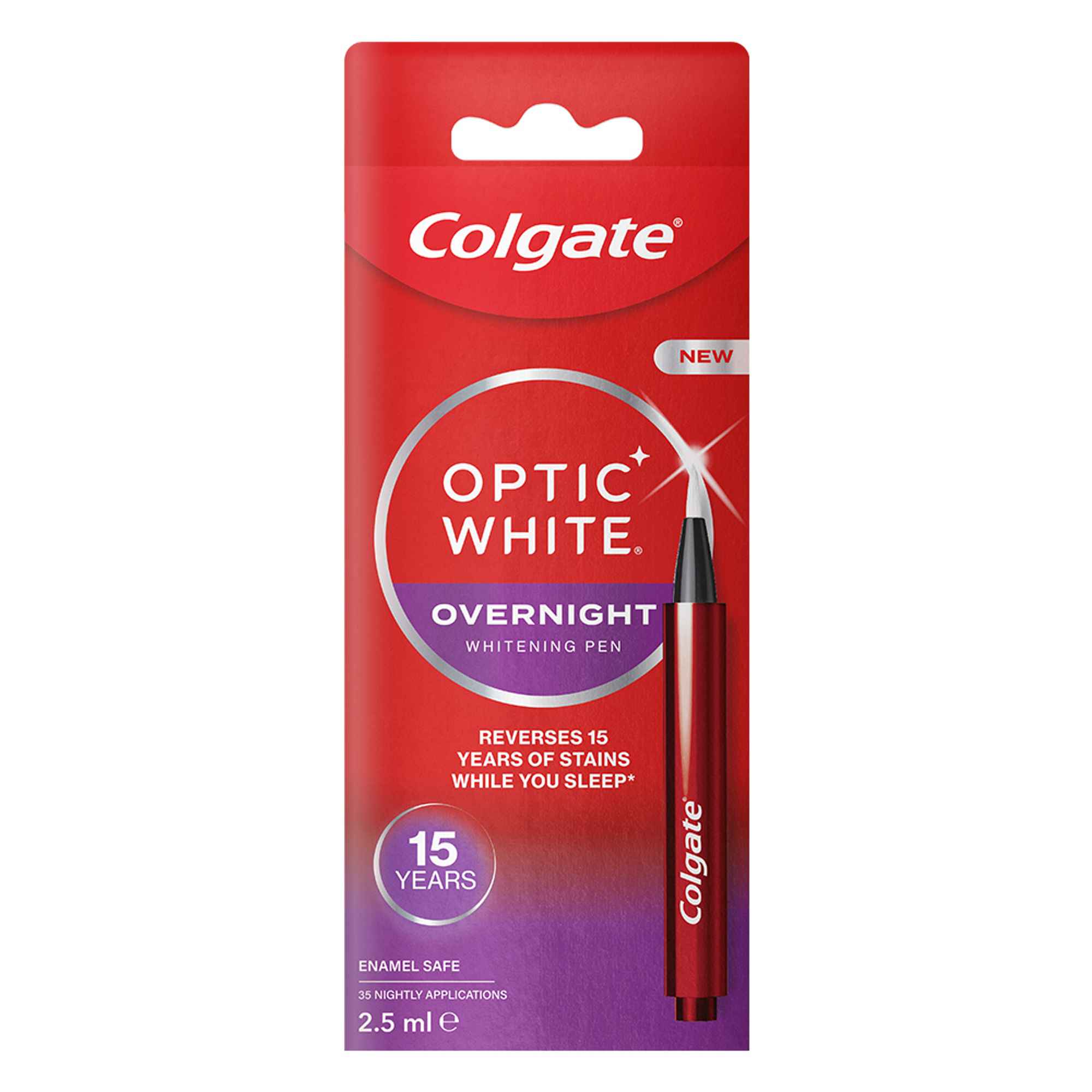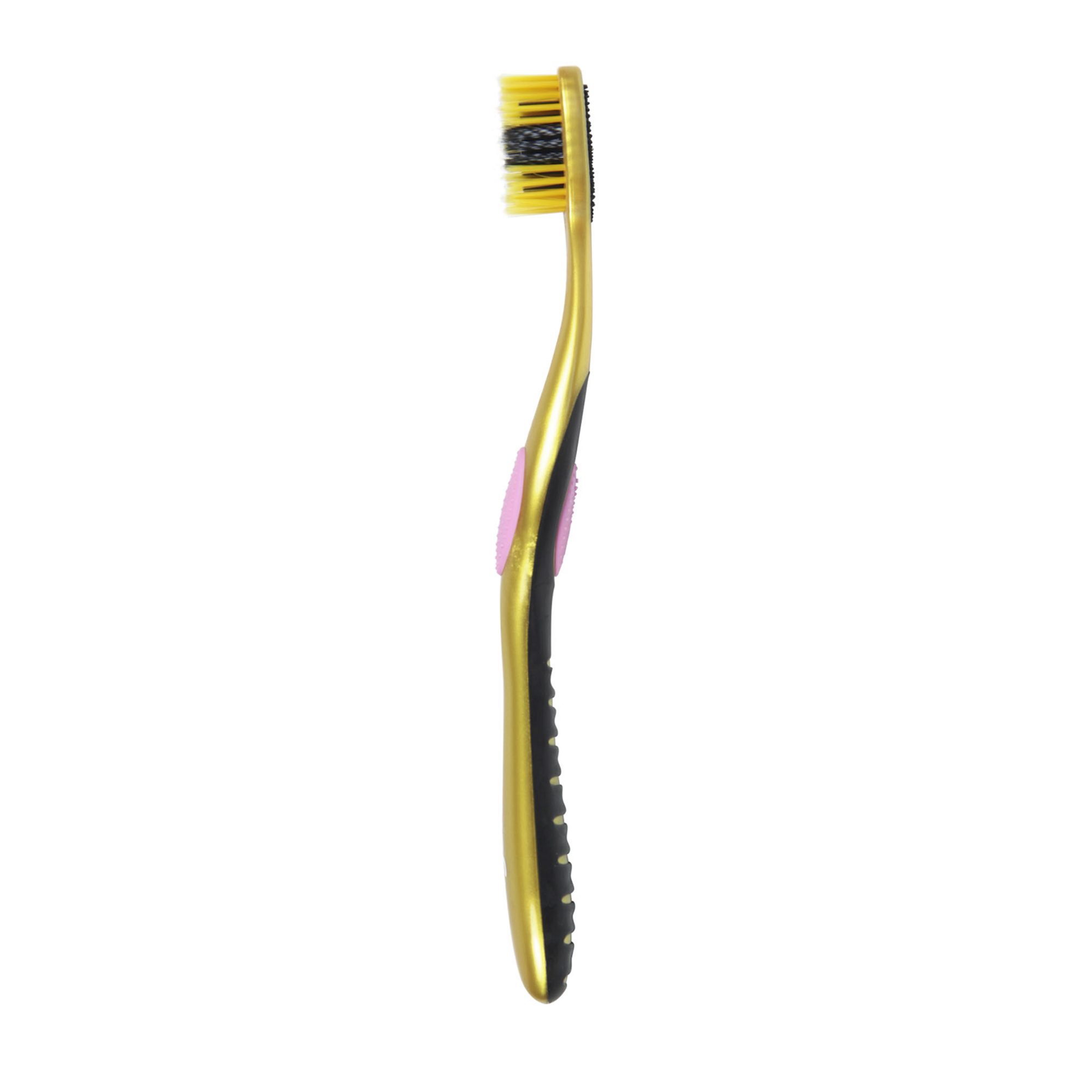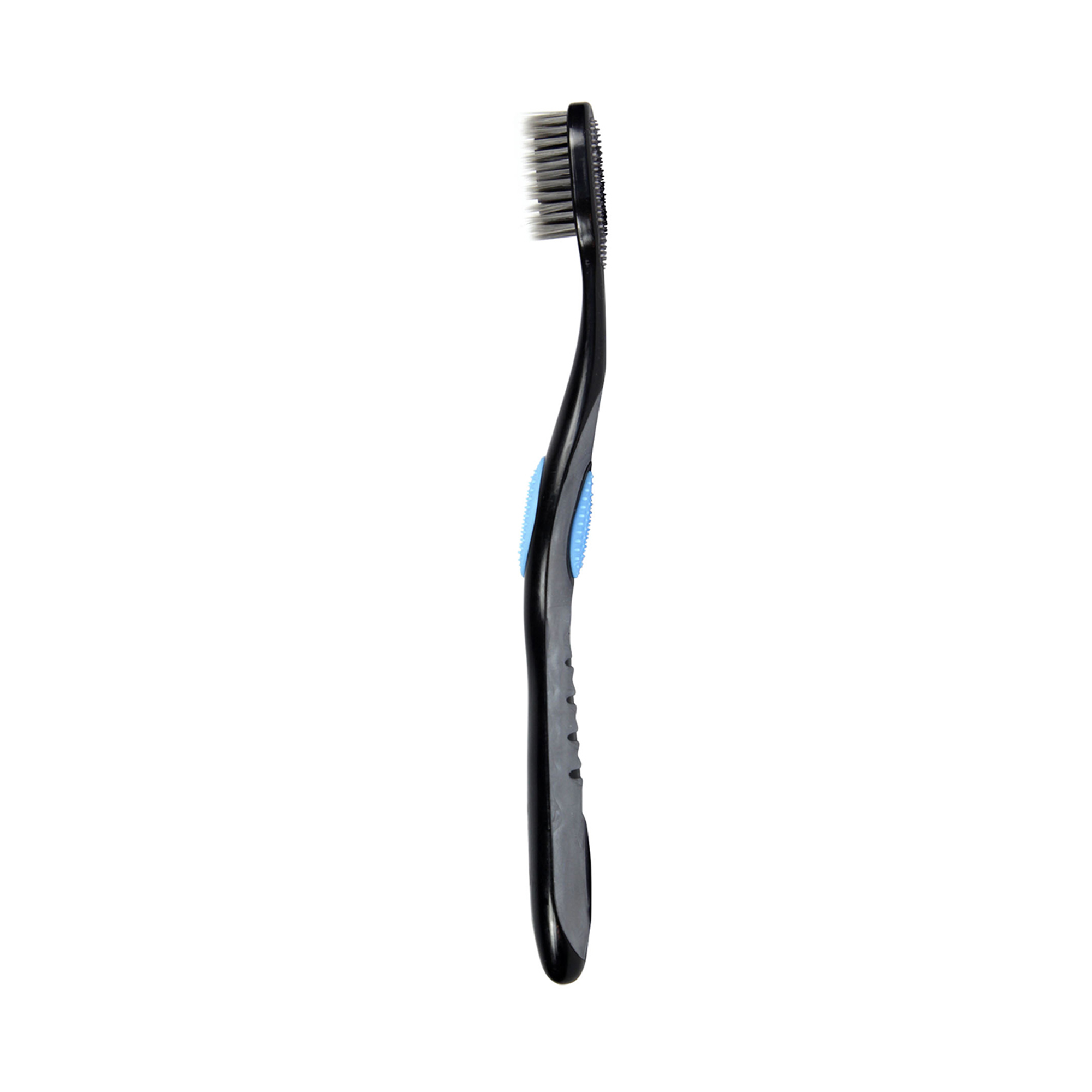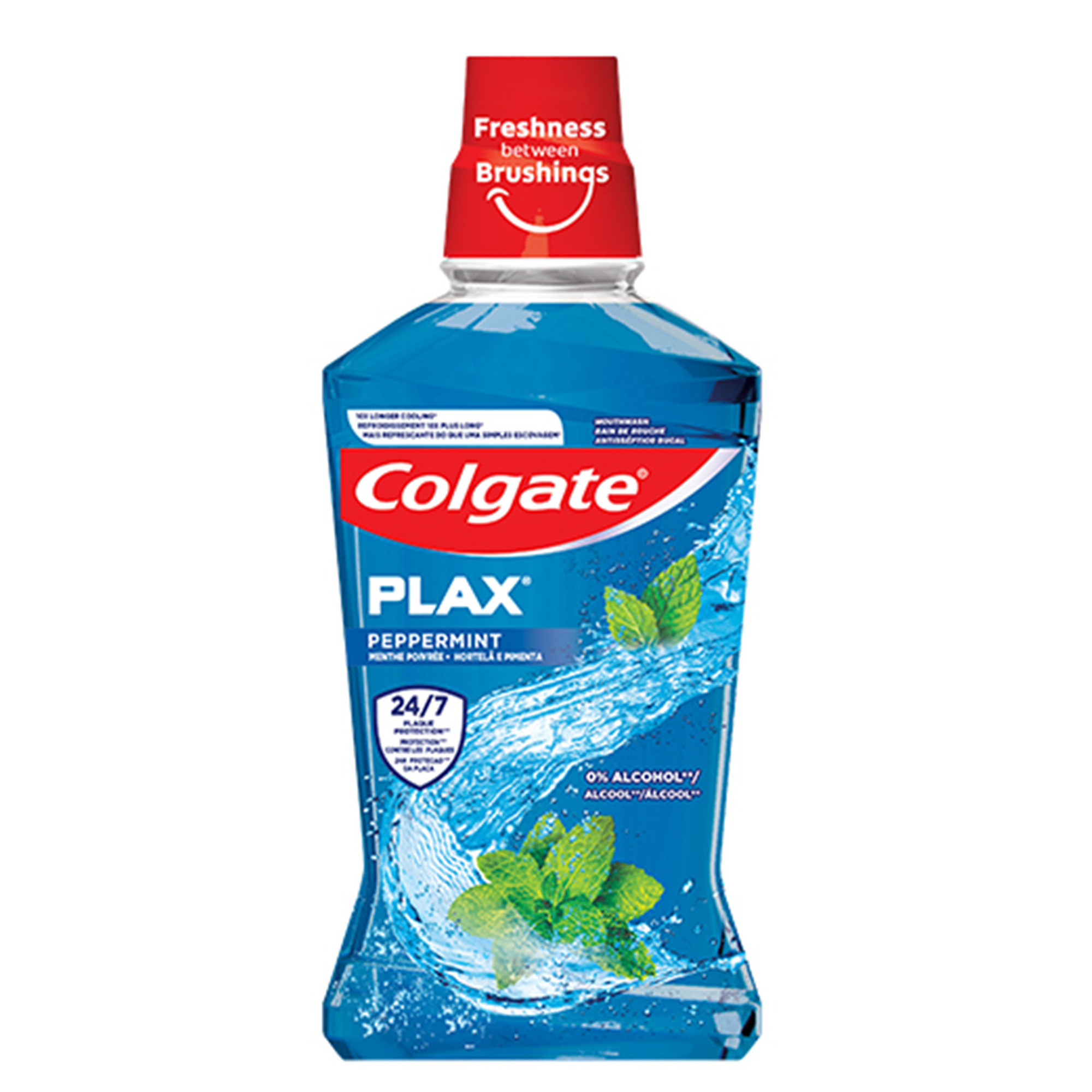What is Tooth Sensitivity?
Tooth sensitivity is a common name for dentin hypersensitivity or root sensitivity. If hot, cold, sweet or very acidic foods and drinks, or breathing in cold air, makes your teeth or a tooth sensitive or painful then you have sensitive teeth.
Is Tooth Sensitivity Common?
Tooth sensitivity is very common and it has been estimated that approximately half the population experiences tooth sensitivity. Tooth sensitivity can come and go over time.
Why does Tooth Sensitivity (Dentin Hypersensitivity) Happen?
Tooth sensitivity is usually caused by dentin on root areas exposed due to receded gums or periodontal disease. Receded gums are very common and up to four fifths of people have gum recession by the time they are 65.
When the root of a tooth becomes exposed it does not have a layer of enamel like the crowns of your teeth. Instead the roots have a very soft covering called cementum, which once lost leaves the dentin of the root exposed. Overzealous brushing or using a very abrasive toothpaste can also cause abrasion of the tooth's enamel surface and expose dentin. A very acidic diet – for example a diet with a lot of citrus food, pickles or soda pop — can cause tooth erosion and dissolve the tooth surface, exposing the dentin. Bulimia and GERD can also result in dental erosion and sensitivity due to acid in the mouth.
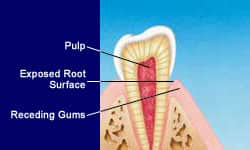
It is important to tell your dentist or hygienist if you have any sensitive teeth, so that he or she can examine your mouth, see if the problem is tooth sensitivity (dentin hypersensitivity) and help you choose the best treatment. When teeth are sensitive it can be painful to brush them and if you brush poorly because of pain then there is more risk of tooth decay and gum disease. Pain after hot, cold, sweet or acidic food and drinks can also be a sign of decay with a cavity or hole in the tooth, or a sign of a broken tooth, and if this is the case your dentist will treat you with a filling or other treatment.
What Makes Exposed Dentin Painful?
Dentin contains thousands of tiny channels that are only visible with a microscope. These channels run from the surface, through the dentin to the nerve center of the tooth — the pulp. The channels contain fluid and after eating or drinking hot or cold foods, the fluid in these tiny channels moves and irritates the nerves in the tooth, causing pain.
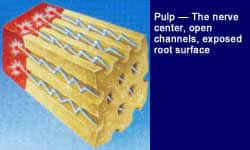
Can I Prevent Tooth Sensitivity?
You can reduce your chances of getting tooth sensitivity by keeping your mouth as healthy as possible with good oral hygiene to help prevent receding gums and periodontal disease. Brushing and flossing properly as recommended by your dentist or hygienist and using a low abrasion toothpaste can help reduce the chance that you will have tooth sensitivity. A diet that is not acidic also helps prevent tooth sensitivity. Ignoring your sensitive teeth can lead to other oral health problems, especially if the pain causes you to brush poorly making you vulnerable to tooth decay and gum disease.
What Can I Do if I Have Sensitive Teeth?
First tell your dentist or hygienist. He or she can help you and see what the best treatment is. It is also important to tell your dentist or hygienist in case the cause is not dentin (root) hypersensitivity and the tooth is sensitive due to a more serious problem.
To treat tooth sensitivity, your dentist or hygienist may recommend that you use a low abrasion toothpaste specially made for sensitive teeth — a desensitizing toothpaste. These toothpastes make the teeth less sensitive if you brush with them twice a day and also contain fluoride to help protect your teeth against decay. Alternatively, your dentist may prescribe a brush-on fluoride gel or a fluoride rinse, or a high fluoride level toothpaste that is specially formulated to make your teeth less sensitive and provides extra protection against decay. These treatments happen at home when you are brushing your teeth and are inexpensive. Other treatments for sensitive teeth that your dentist or hygienist can provide in the dental office are also available. These include treatments that are painted onto the teeth &— such as fluoride varnishes and plastic resins, fillings if a lot of tooth area has been lost, and lasers.
You should ask your dentist or hygienist about the best way to treat your sensitivity.
6/26/2006
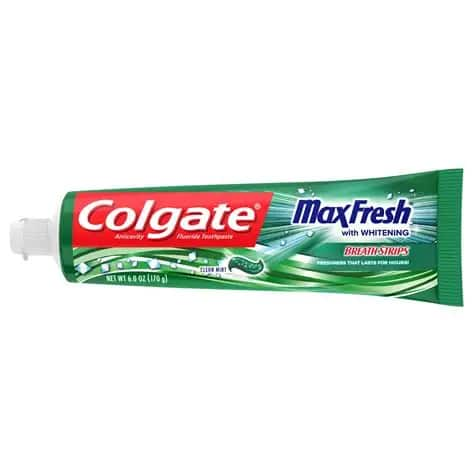
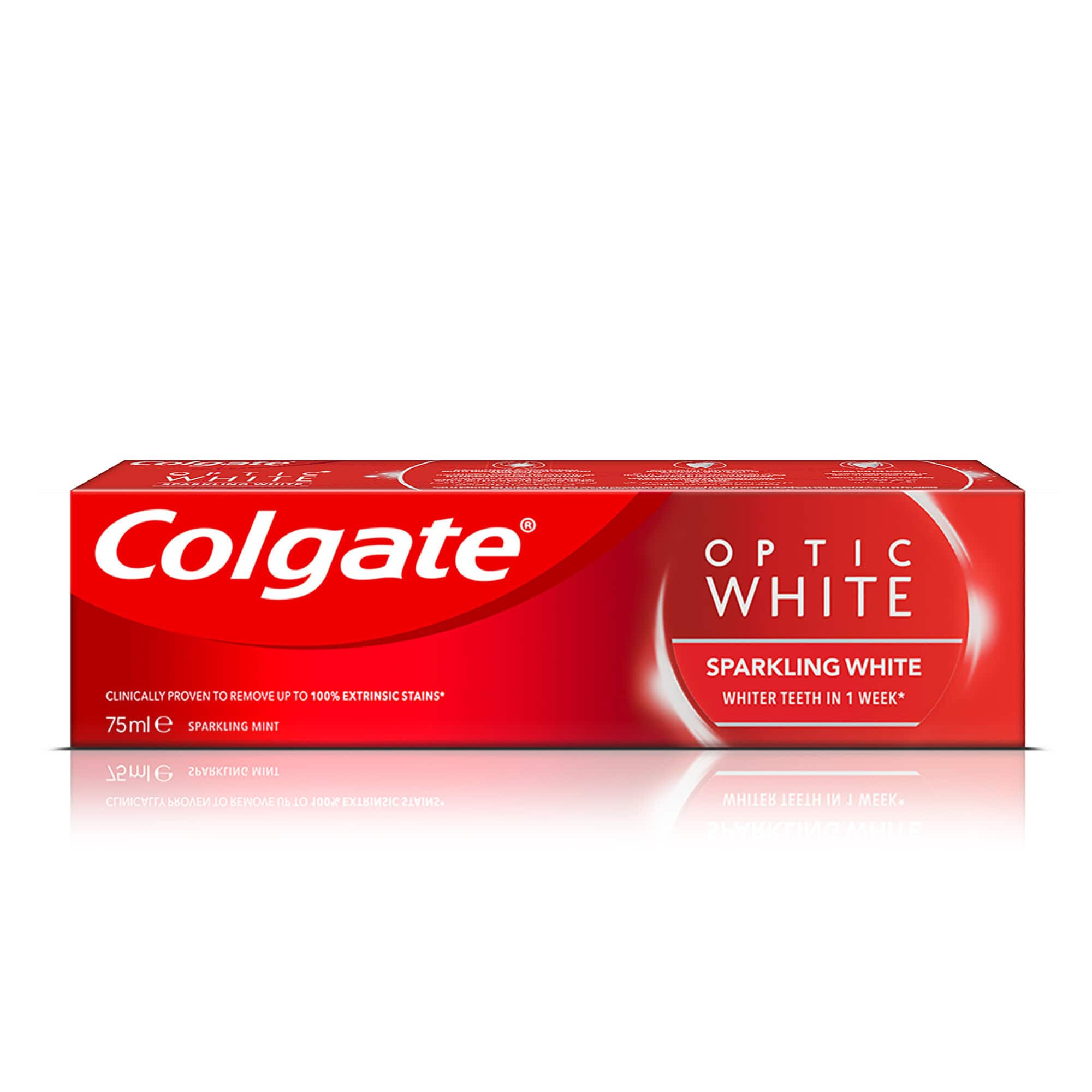
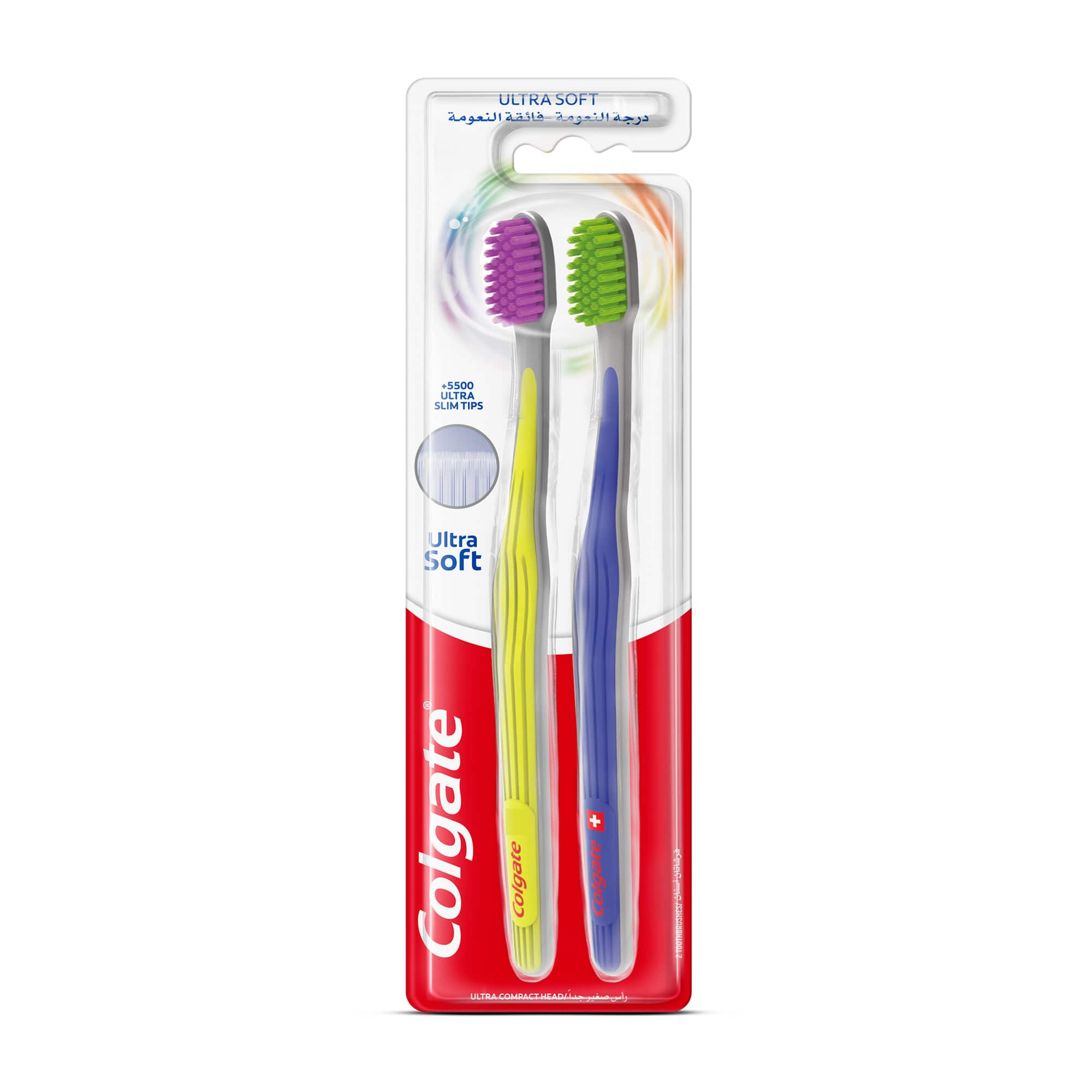


.jpg)


